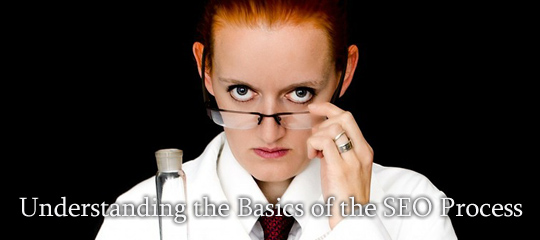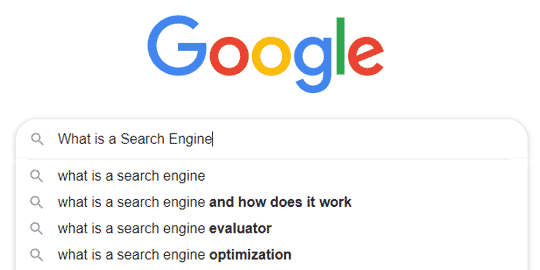
If you’ve been hearing a lot about SEO then it is likely that you may have a good idea of what it is or you may not. To be on the safer side, we will assume that you are reading this because you want to understand what search engine optimization really means. To do this, we will try to carefully but quickly explain what SEO is as well as the basic SEO process. With this, you will be in a better position to understand this concept more holistically.
We will therefore start from the very beginning.
What Is SEO?
SEO or Search Engine Optimization describes a set of practices or strategies put in place to establish a website in a position of strength with search engines. This is not an open ended stuff; it is very targeted and specific.
What we mean by this is that while a website can have a generally good standing, most of it is based on the fact that the website has used SEO to show itself an authority in specific areas. SEO therefore optimizes certain keywords and based on how effective this process is, the website will be rated high by search engines for those given keywords.
Let’s get a bit practical…
If you are a lawyer and you have a website created to promote the services you render, before going into SEO, you will define the areas you want to focus on. It could be family law, criminal law, workers’ compensation, injury claims and other areas of the legal practice.
Note that you can target each aspect of the law listed and those not listed. You will however need to treat each of them as a different project. This will help you focus for better individual results.
Let’s assume that you are criminal lawyer and your website is focused on this. Everything you will do will be targeted and making search engines recognize your website as an authority on keywords under criminal law that you have targeted (more on this later). When this happens, when anyone comes to enter those keywords, your website will be among the top results.
Let’s now look at the process for better clarity. You can learn more about the general definition here.
Keywords And Search Engines
Before we go into looking at the process, it is important that we understand how search engines operate. This will help you gain a better appreciation of this entire process.
What is a Search Engine?

Search engines like Google are basically content curation or aggregating sites. They own no content of their own but simply organize the content that others have created, sorting them into categories and rankings based on keywords and other factors.
Using the criminal law example above, when you type the keyword “criminal law” into a search box, you will get results in form of content published by millions of different websites on criminal law. While some websites will be on the first page, some others will be on the second, third and so on.
What is the Relevance of Search Result Rankings?
To help you put things in proper perspective, we will quickly look at a few statistics relating to search result rankings:
- 90% of search engine users do not go beyond the first page. If your site is not on the first page, you have already lost about 90% of your potential visitors.
- On the first page, the top three results take about 60% of the traffic. The first position gets 33%, the second, 18% and the third 12%. It continues to decrease drastically as it gets lower.
These stats hopefully explain why you need to be not just on the first page but among the first 3.
The Keyword Factor
![]()
Like we mentioned above, keywords are a major factor in determining search results. If in our example above a website provides very high quality content on the subject of criminal law but has no other sites linking to it, search engines will regard it as not having relevant information on that keyword.
If however another site that has less informative content shows a lot of other reputable websites linking to it, search engine bots will conclude that this site has something to offer which is why all these other ones are linking to it. It will therefore present this other less informative site to you over the more informative one.
What SEO Does
Based on the above, what SEO does is to put processes in motion to ensure that these search engine bots come to the desired conclusion about your website and then rank it high. To see how SEO tries to achieve this, read this article: https://www.thebalancesmb.com/top-10-search-engine-ranking-factors-2531975.
The SEO Process
Having laid of that background, let us conclude by outlining how a basic SEO process might go.

Site Audit
This is very critical to the entire process as it will show you exactly the state in which every aspect of the site is in. This will then help you know what is wrong, what you can improve and what should be discarded. It will also form the basis of your strategy.
Keyword Research
At this point, you will be looking at your overall goals and determining the best keywords to use to achieve these goals.
On-Page SEO
This will help make content on your site more user friendly because search engines take this into consideration. This is also the point where you will effect some tweaks that will help the bots easily find and sort the content on your site.
Strategy
Armed with the target keywords, you can then begin to plan your strategy. This will depend on your overall goal, your service or product, and your target audience among other things. This is where you will determine your off-page SEO activities. These covers social media marketing, content marketing, SEM, blog outreach, email marketing etc.
Conclusion
It is important that you understand that each aspect of this process is critical. You should therefore ensure that you have the right professional handling them for you so that you can get the best result.
[Main image: Pixabay, PublicDomainPictures]